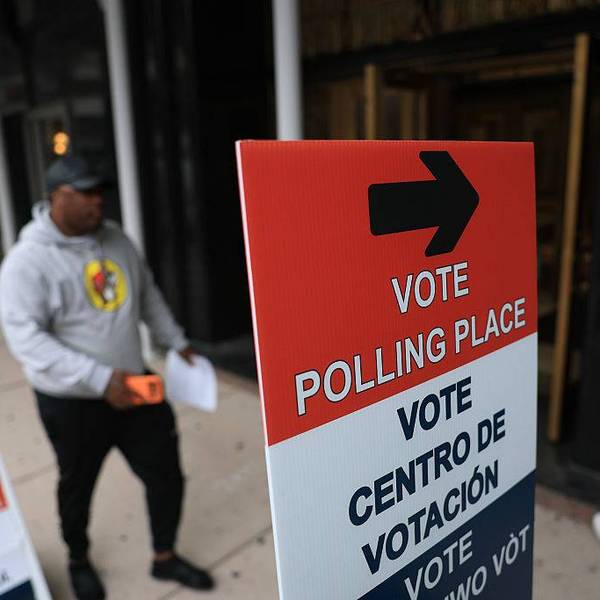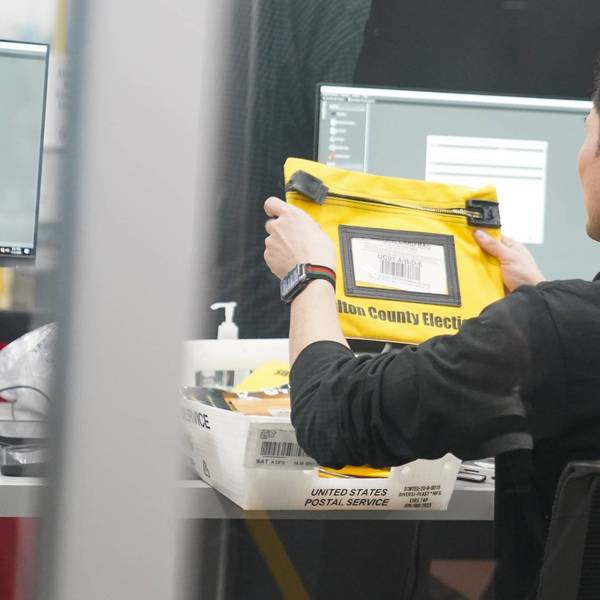A pre-trial document made available ahead of a lawsuit by voter rights groups challenging the Pennsylvania's newly enacted voter ID legislation shows that the state's defense of the law will not present any evidence that "in-person voter fraud" exists in the state or that any investigations or prosecutions of such fraud have been conducted in Pennsylvania.
Further, the document stipulates that the government will not argue that voter fraud is likely in the absence of the law.
On May 1, 2012, the ACLU of Pennsylvania, the Advancement Project, the Public Interest Law Center of Philadelphia (PILCOP), and the Washington, DC law firm of Arnold & Porter LLP filed a lawsuit in the Commonwealth Court of Pennsylvania to overturn the voter ID law passed by the General Assembly in March 2012.
The lawsuit alleges that the state's voter photo ID law violates the Pennsylvania Constitution by depriving citizens of their most fundamental constitutional right - the right to vote. The plaintiffs are asking the Commonwealth Court to issue an injunction blocking enforcement of the law before November's election. If the law is not overturned, most of the plaintiffs will be unable to cast ballots in the fall, despite the fact that many of them have voted regularly for decades.
The Huffington Post reports:
The possibility of voter fraud has frequently served as the ideological underpinning for voter ID measures, whose supporters claim that the integrity of elections can't be preserved without requiring would-be voters to verify their identity at polling places. Reports on actual incidents appear to counter this contention, however, as figures suggest voter fraud is a highly infrequent occurrence.
Opponents of voter ID laws argue that such legislation is an effort to establish obstacles for potential voters, particularly college students, minorities and the elderly, who tend to vote Democratic. A recent report from the Brennan Center for Justice found that a variety of factors could seriously hamper the ability of a half-million Americans in 10 states that have passed voter ID laws to obtain the required documents they would need to cast votes in November.
The 'Stipulation' document:
# # #



